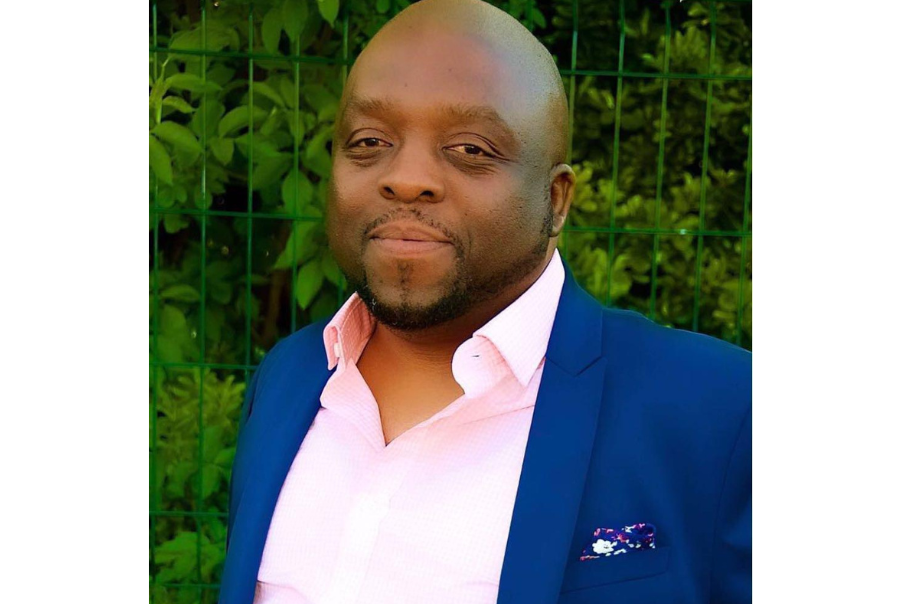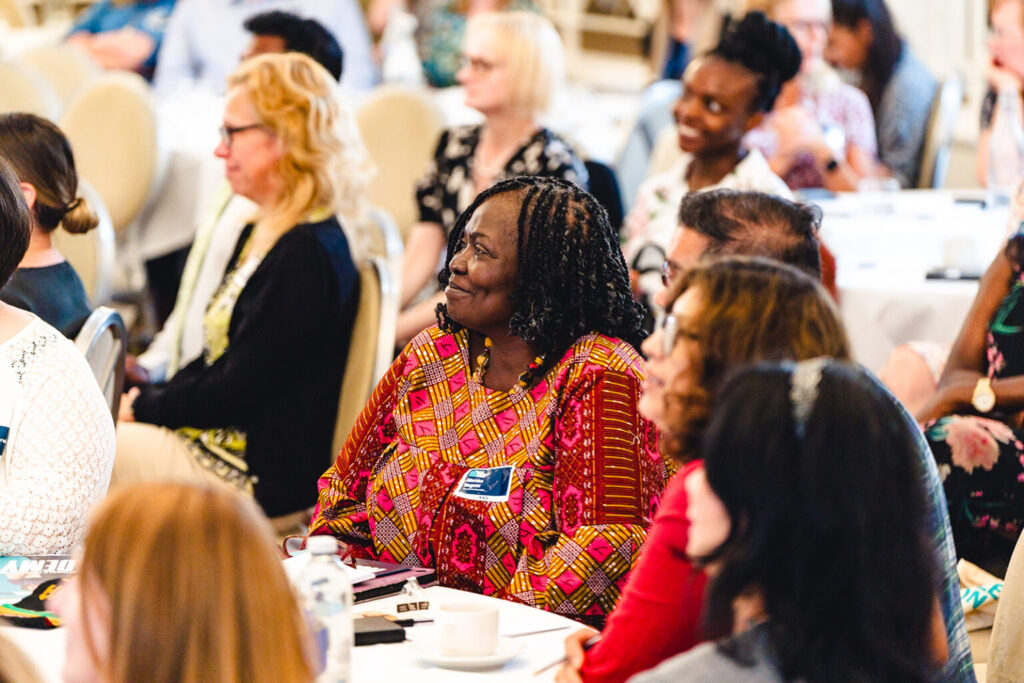Walter Chikanya is Head of Care Quality at the Royal Star & Garter, a charity providing compassionate, loving care to veterans and their partners. Walter has been a nurse for over 20 years and worked in the social care sector for around 10 years. He is now one of the 42 Chairs of the newly formed Social Care Nursing Advisory Council (SCNACs), established in 2022 to help provide a better understanding of nursing in adult social care to Directors of Nursing in ICBs.
FNF, in partnership with Deborah Sturdy, Chief Nurse for Adult Social Care in England, offered a bespoke development programme for all those selected to be chairs of all 42 social care Shared-Decision Making Councils across England.

“When I set out on this journey, my goal was clear: to make a real impact and give a voice to social care. But I’ll admit, I didn’t know much about the Integrated Care Boards (ICBs) initially. It was my Director of Care, Pauline Shaw, Professor Deborah Sturdy and several other kind souls who urged me to apply for a role within the ICBs. Little did I know that this would be the starting point of an incredible adventure – the FNF leadership programme.
Looking back, the leadership programme was nothing short of transformative. It equipped me with the knowledge and tools I needed to make sense of the intricate world of ICBs, which was entirely new territory for me. But the real game changer was the RADA course. Trust me when I say that learning how to project and present myself to an audience is not something you encounter every day – it was truly mind-blowing!
I’ve worked in social care for about ten years now and I’ve been wholeheartedly dedicated to the sector. I’ve worked my way through various roles and now I’m working on the data and quality improvement side, for Royal Star and Garter.
As ICB SCNAC Chairs, we come from diverse backgrounds, each bringing a unique perspective to the table. It’s incredible to see how our shared experiences and the leadership programme have united us as a collective. Through this process, we’ve discovered the true value of sharing ideas and experiences; there’s so much to learn from each other.
Now that the leadership programme has come to an end, it’s time to put our ideas into action. We are in the process of setting up our Councils and are still taking baby steps as a group. Our role is advisory, lending our collective social care expertise to the ICB Chief Nurses and our colleagues in the NHS. We know what we want to achieve, but we’re still figuring out how to get there and ensure that our sector is contributing to the discussion – we not only want to be heard, we also want to be involved. As social care professionals, we stand as valuable partners on the frontline within the ICBs.
I have the privilege of collaborating with an incredibly supportive Chief Nurse in my region – Buckinghamshire/Oxfordshire/Berkshire (BOB), Rachael Corser. Rachael took the time to visit one of our Royal Star & Garter homes, and now we’re working together to bring about positive change. Already, Rachael has introduced me to key players in the ICB, and they are genuinely listening to what we have to say.
I want to raise the voice of social care, particularly within the third sector. I’m keen to shed light on the challenges we face concerning commissioning and discharge and other challenges such as recruitment and skills development. We can make a difference, but it requires open communication and collaboration, after all, we do have a common goal.
At Royal Star & Garter, we believe in investing heavily in staff development. That’s why some of our nurses have now qualified as non-medical prescribers, which allows them to prescribe medication from an agreed formulary within our care homes. This initiative, now being extended to all our homes, not only improves outcomes and quality of life of the residents we care for, but also relieves pressure on our colleagues in primary care and the NHS. My call is for us to join forces and advocate for the changes needed to support this prescribing practice and shift mindsets. Additionally, we’re determined to create clear career pathways within our care homes and hope this practice will extend to the social care sector as a whole.
There’s no denying the recruitment challenges we face, but by incentivising and offering promising career opportunities, we can attract school leavers and the younger generation to join our cause. This is a pressing issue that demands our attention as they are the future workforce and need to see social care as an attractive career option. To achieve this, we must actively work on improving the sector’s reputation and fostering a more positive perception. This monumental task requires collective efforts and together, we can bring about the change we envision.
My journey as a leader in the social care sector has been nothing short of incredible. Thanks to the FNF leadership programme, I’m equipped with the skills and understanding needed to navigate the world of ICBs. Alongside passionate leaders like Deborah Sturdy and Rachael Corser, I’m determined to make a lasting impact and amplify the voice of social care. Together, we can build a brighter and more promising future for everyone involved in this noble profession and improve the lives of those we care for. #TheFuseHasBeenLit”
If you would like to apply for one of our Leadership Programmes, find out more here.
